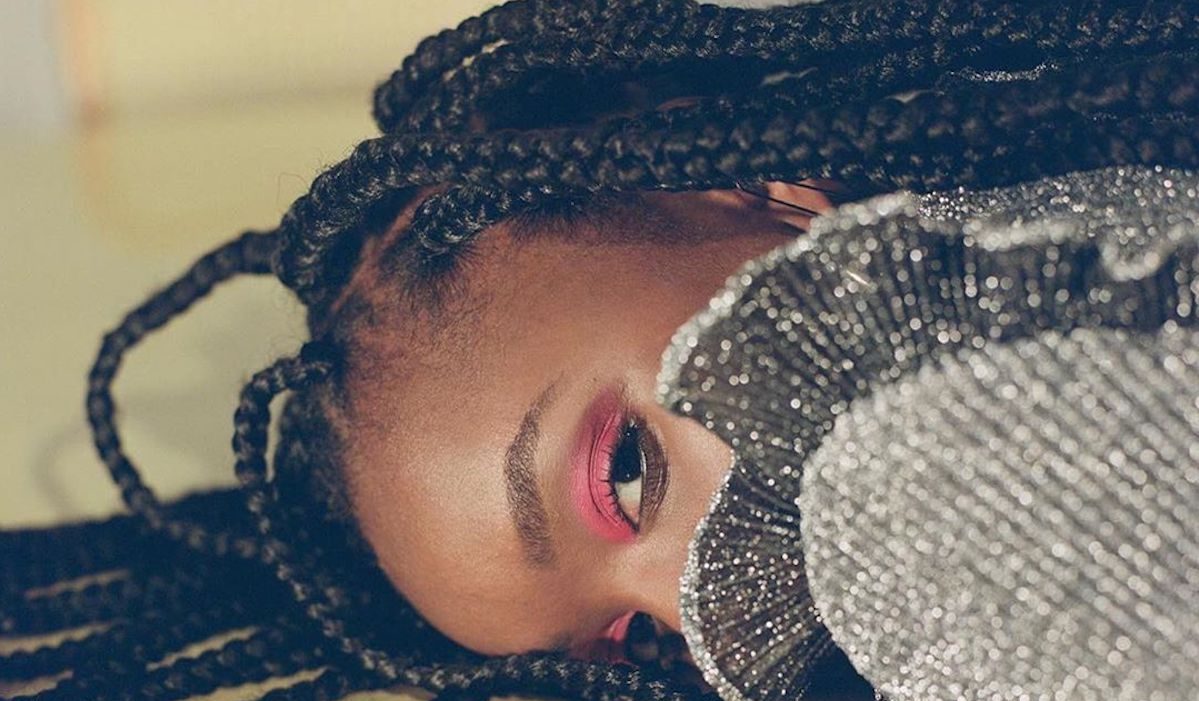The State of California has voted to pass legislation banning discrimination against people wearing natural hairstyles aptly named “Create a Respectful and Open Workplace for Natural Hair” (CROWN). This legislation was put into effect to halt the enforcement of grooming policies by schools and offices that disproportionately affect people of color. California is the first state to write legislation banning discrimination based on hair and other states like New York and New Jersey are not far behind. A collective sigh of relief went out from women of color, especially black women, who are often the target of such policies across the United States.
Too often we hear stories of teachers cutting little girl’s box braids, or school’s telling black children with afros that their hair is a distraction and they must face consequences for something that grows out of their scalp naturally. It is common to face these discrimination issues in our workplaces and day-to-day lives when complete strangers walk up and fondle our strands as if we aren’t autonomous beings who may not want to be touched in the middle of the grocery store. Those situations are only highlighted by the constant microaggressions we experience from peers and coworkers. California is essentially stepping up and saying to people of color, and specifically black people, we hear you, we see you and we don’t think you should have to live your life this way.
On black women– cornrows dreads, Bantu knots, and the many other fly styles we wear are “ghetto,” “unprofessional,” “dirty,” “hood,” and my personal favorite, “ethnic.” On non-black women (let’s be real, the small percentage of people that are obsessed with black culture but not black issues) those same styles are “trendy,” “chic,” “edgy,” and another favorite, “urban.” If you fall into that small percentage of individuals that love to tell black people that there are “bigger issues” than calling out appropriation and that hair is hair and everyone should wear whatever style they want because there are things we should be more concerned about– you’re kind of right. Hair is just hair, but certain styles (mainly the ones worn by black people) have negative connotations associated with them that affect people’s daily lives and takes something as inconsequential as how you wear your hair and turns it into you-are-no-longer-allowed-to-come-into-work-unless-you-straighten-your-hair. That’s a big issue friends.
I, like many other black women, get really, really tired of talking about my hair. I get tired of defending the styles I wear it in and why I change it so much. I get extremely tired of explaining to non-black people the history, and complicated relationship that many black women in America have with our hair because of two centuries worth of institutional racism and eurocentric beauty standards; a history that includes being sent home from work for “unprofessional” styles which is often code for “not white, not right” and children having to cut their hair off to be allowed in school or to compete in school competitions. The most tiring aspect of all of this discrimination is having people who have not lived this life as a black person, tell me, and other black people, how we should feel about the discussions surrounding our hair, the discrimination we face, and the appropriation of the very hairstyles that could cost us our jobs and sometimes our lives on the heads of non-black people.
If you happen to fall into the category of people who aren’t black and have no interest in copping some cornrows because it is not a part of your culture, congrats you’re doing good. Allies could really save a black person today by having this conversation with the folks who bemoan yet another scandal that has black people upset. Sadly, the people that have the greatest issue with people of color trying to live their lives and mind their business typically don’t listen when we explain our life experiences and why policies like the CROWN act are important. Save someone’s day by being an ally and telling the Beckys, “Hey, it’s not okay to touch a black girl’s hair at the grocery store. It’s not okay to touch your coworker’s braids after you’ve cornered her in the lunchroom. Don’t touch her hair, you don’t know the feelings that she wears.”
Shout out to California for looking out for a girl’s job, future and her edges.


